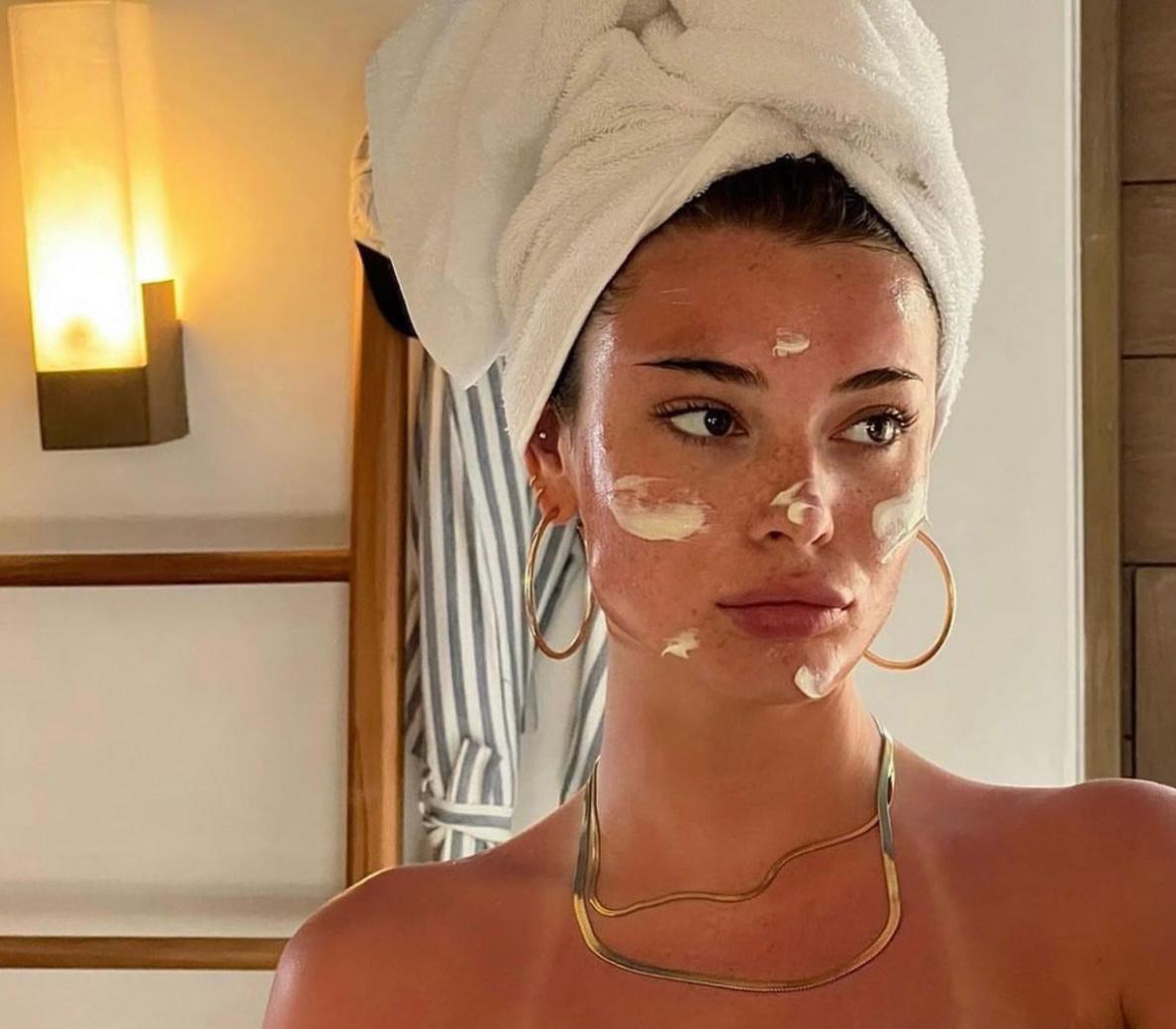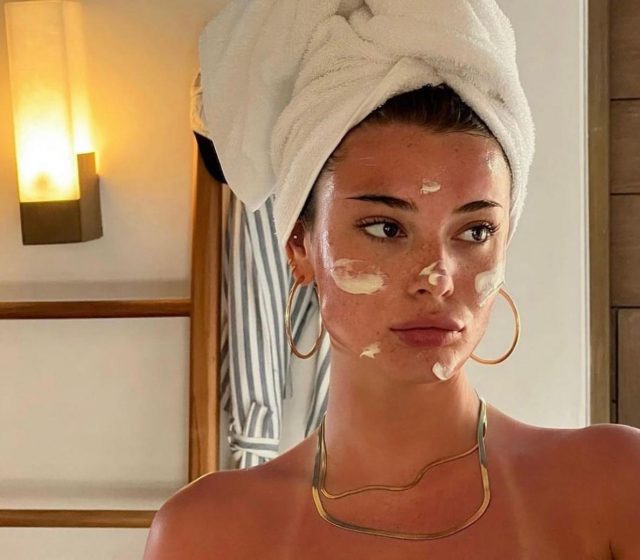
Usually, autumn and winter are periods of increased skin sensitivity. This is due to several factors at once – wind, frost and dry air. But it is important to understand that sensitive skin is not a type, but a condition that can be neutralized only if you choose the right care. We talked about how to do this with Arina Chanova, a dermatologist at the DocMed clinic.

Arina Chanova, dermatologist at DocMed clinic
Sensitive VS normal skin
First, let’s understand the terminology.
Sensitive skin is not a diagnosis; it is a set of symptoms that can include redness, burning, tingling, itching and dry skin.
This condition can occur both in people with healthy skin when exposed to certain provoking factors (cosmetics, sun, wind, temperature fluctuations, alcohol, emotional stress), and can be present in some diseases of the epidermis (rosacea, atopic dermatitis, seborrheic dermatitis ).

For clarity, let’s look at an example. Imagine two people with sensitive skin; one of them was diagnosed with rosacea (a chronic skin disease), the other with completely healthy skin, but became sensitive after using aggressive home care. In the first case, we are dealing with a chronic disease that we can control (bring into remission). But even in remission, skin sensitivity in such people remains more pronounced than in people with healthy skin. In the second case, it is enough to exclude the provoking factor – aggressive home care – for the increased sensitivity to disappear.
Depending on the cause of hypersensitivity, the development mechanisms of this condition will differ.
How to care for sensitive skin
To fix this situation, it is important to follow several rules.
-
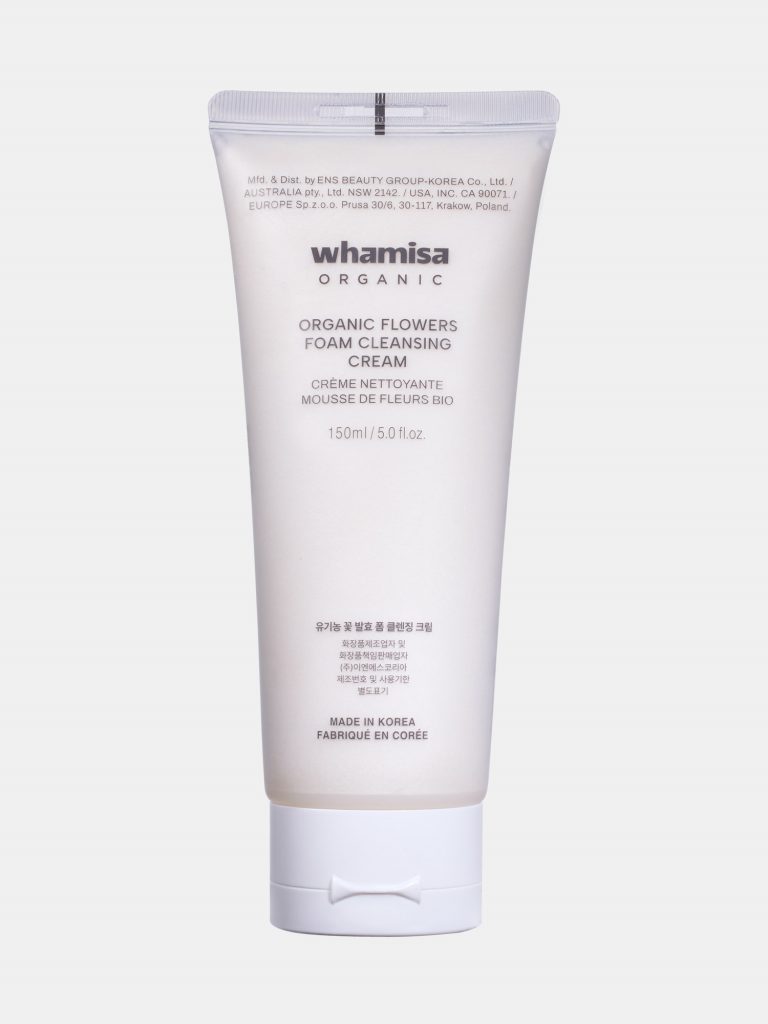
Foaming cream for washing based on Whamisa flower enzymes, 2900 rub. -
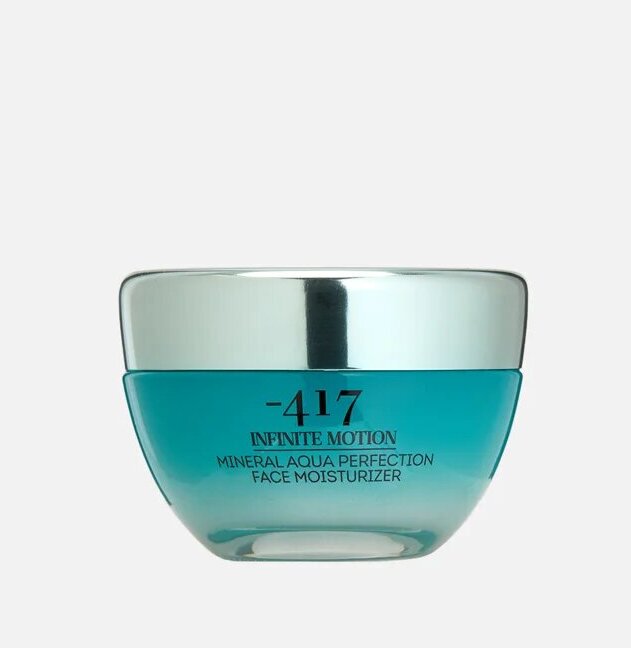
Intensive moisturizing face cream minus 417, 2900 rub. -
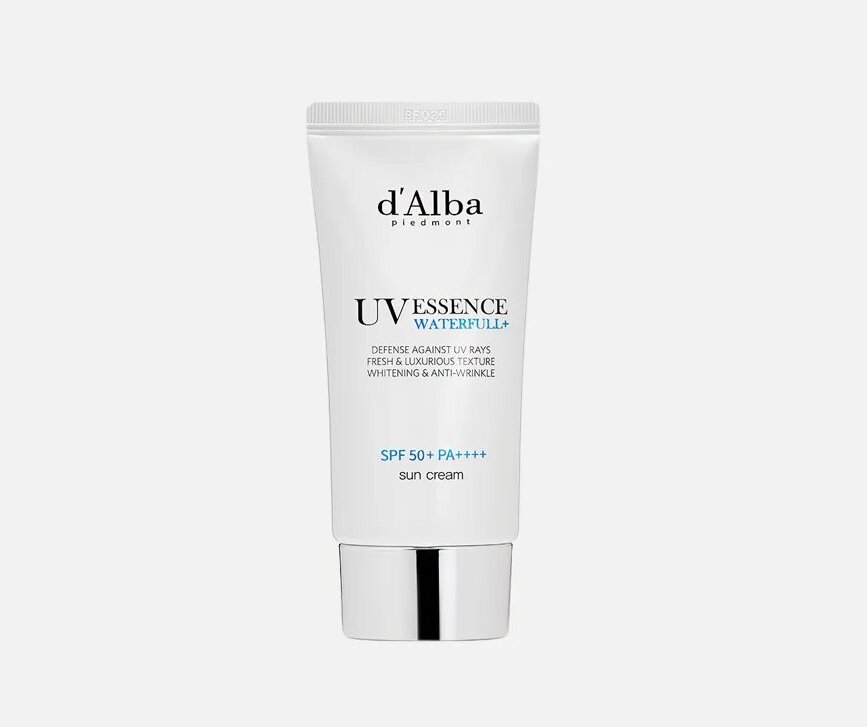
Sunscreen for face SPF 50+/Pa++++ d’Alba, 2300 rub.
1A minimalist home treatment that combines a gentle cleanser, moisturizer and sunscreen.
2We eliminate possible skin contacts of aggressive triggers: hot water, traumatic peelings, brushes or washcloths, acids, UV rays.
3If you have skin diseases that cause increased sensitivity in addition to the above, additional medication will be required.
The problem of our time is excessive care, which often leads to increased skin sensitivity.
It seems to us that the more jars we use in home care, the better it is for the skin. But unfortunately, this is not the case. That’s why it’s important to streamline your basic beauty routine.
Which cosmetic products should people with sensitive skin not use?
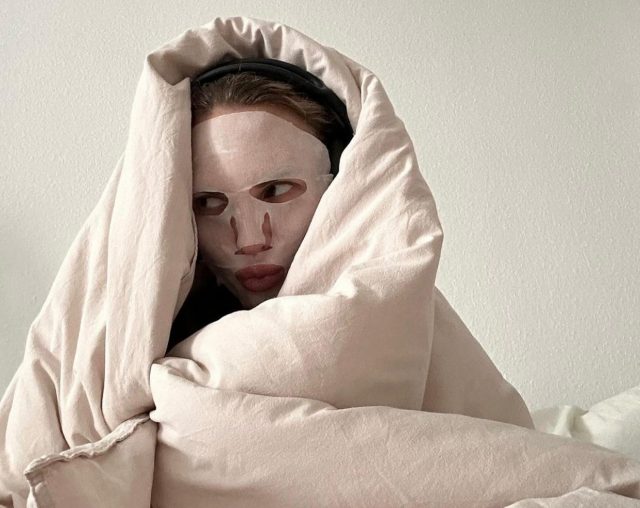
It is best to avoid the following products, tools and ingredients in home care.
– Brushes, scrubbers and washcloths.
— Aggressive cleaners containing anionic surfactants, simple alcohols, e.g.: SLS, SLES, ammonium lauryl sulphate, isopropyl alcohol.
– Chemical peels.
Such products will cause increased permeability of the skin barrier through mechanical or chemical action, which will result in increased skin sensitivity.
— Herbal cosmetics.
Such cosmetics contain potential allergens (fragrances, plant extracts: D-Limonene, Linalool, Geraniol, Citral, etc.), which can cause allergic reactions in those who are prone to it.
What ingredients should be looked for in products?
If your skin is hypersensitive, it is better to pay attention to neutral components that will not cause irritation and will not cause allergic reactions. On such products you can often see the following markings: “fragrance-free”, “alcohol-free”, “hypoallergenic”.
Here are some examples of what ingredients you can look for in cosmetics.
— Cleansers: mild surfactants – sodium cocoamphoacetate, coco-betaine, coco-glucoside, lauryl glucoside.
— Moisturizers: restorative ingredients – glycerin, squalene, dimethicone, ceramide NP, tocopherol, panthenol, butyrospermum parkii oil.
— Sunscreens: physical filters – titanium dioxide, zinc oxide.
Sensitive skin doesn’t like an overabundance of products, so we arm ourselves with light, basic home care and protect ourselves from aggressors.
Source: People Talk
I’m Roger Gritton, and I’ve been writing for the The Fashion Vibes for over 5 years now. My specialty is beauty news; I’m passionate about covering the latest trends, products, and innovations in the industry. In my time there, I’ve become known as an authority on all things beauty-related.
I love discovering new experts to interview, researching up-and-coming ingredients and techniques that are making their way onto our beauty shelves and highlighting people who are making a difference in the world of cosmetics. My work has appeared not only on The Fashion Vibes, but also several other publications including the New York Times Magazine, Allure Magazine and Refinery29.

